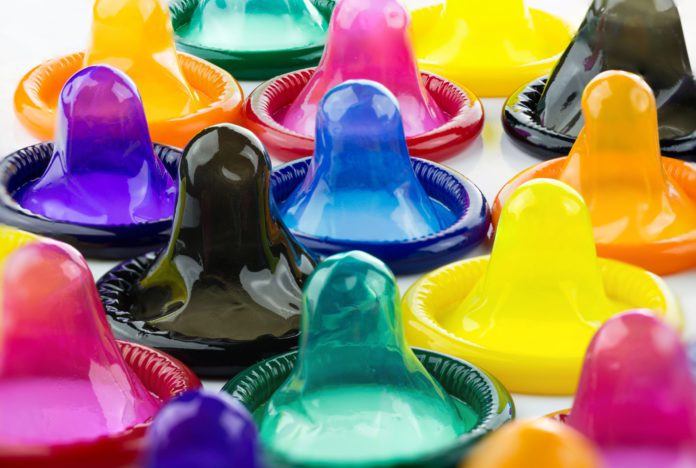
Residents of Busia county in Kenya are decrying a shortage of government-supplied condoms.
The residents, a majority of whom are commercial sex workers in Busia town, say they are now forced to wash and reuse the contraceptives to meet the sexual needs of their customers.
A sex worker, who spoke to a local television station, said the county has been experiencing a shortage of female and male condoms for a while and the few that are available are from the neighbouring country, Uganda.
To protect themselves against dreaded sexually transmitted infections such as HIV, the women who can’t afford to buy condoms resort to recycling them after washing them, oblivious of the dangers involved.
“We are pleading with the government to release condoms to Busia because our lives are at risk,” the woman told NTV.
Other residents also said they risk unplanned pregnancies if the government doesn’t intervene.
Janerose Ambuchi, the Director of Medical Services in Busia county, however, said her office was not aware of the recycling of the contraceptives.
“It has not come to my desk but if it’s happening it should not be allowed to continue because the integrity of the condom is going to be affected. The second and third use because of lack of condoms will expose this generation to danger,” Ambuchi said.
Why there is a condom shortage
The officer attributed the short supply of condoms to a decline in international donor funding.
“The county (Busia) is experiencing an acute shortage of condoms which is not a Busia problem alone. It’s a national problem. This is a donor-funded commodity based on a global fund. At the moment, donor funding has dwindled,” she said.
In February, the National Aids Control Council (NACC) said there is a serious shortage of condoms in the country, exposing the public to the risk of contracting HIV/Aids, unplanned pregnancies and other sexually transmitted infections.
NACC said the country’s condom demand stands at 480 million annually while the current stock is only 79 million.
Speaking while marking the World Condoms Day at Kenya Coast Polytechnic in Mombasa, NACC Coast Region Coordinator Omar Mwanjama said the country is faced with a deficit of 401 million condoms, a move that has affected free supply of the commodity to the targeted population.
“The country is working on a low supply compared to the demand. The shortage is real and needs to be addressed as it might slow down the gains in the fight against Aids and other STIs,” Mwanjama said.
The shortage has forced NACC to focus only on those in dire need of the commodity offered free by the government.
“Situation has forced us to focus on only those in dire need, which has raised complaints. The demand shows that a huge population depends on free government condoms,” added Mwanjama.
Aids Healthcare Foundation Prevention Programmes Manager Mary Nyaguthii called on the government to address the shortage, saying it is adversely affecting the fight against HIV and other sexually transmitted diseases.
“Shortage of condoms is a big blow in the fight against HIV/Aids. The government needs to assure Kenyans of enough supplies through partnerships with other health organisations,” Nyaguthii said.






